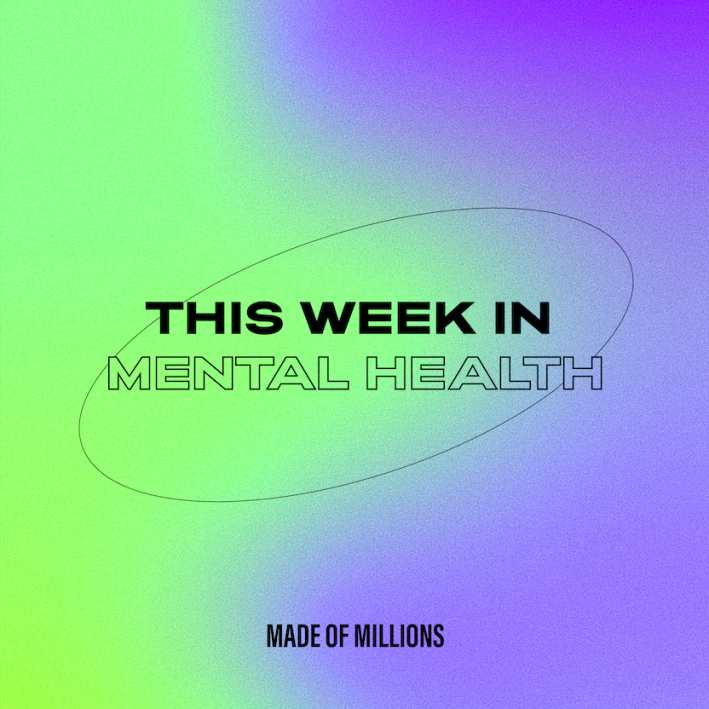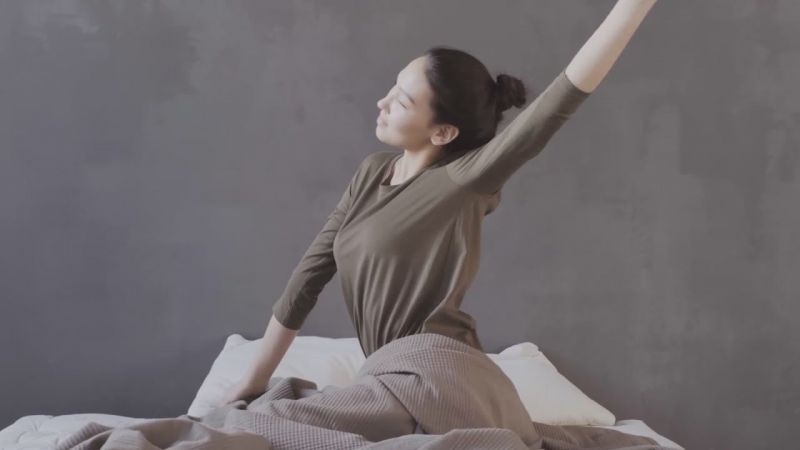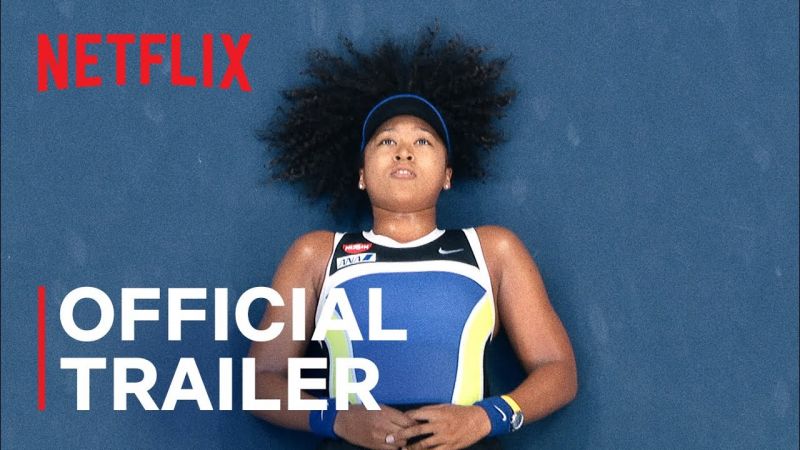This Week in Mental Health
The latest on research and advocacy for the week of July 5th.
Escrito por Esther Fernandez

01 Research looks at how sleep loss effects mental health, how psychedelics may help in treating depression, the lack of mental health support during the pandemic, and more.
02 Tennis player Naomi Osaka, Olympian Allyson Felix, Paralympian Jaleen Roberts, and comedian Nikki Glaser open up about mental health.
TW// Mentions of suicide, eating disorder
Conversations about mental health have grown exponentially over the last decade, with more and more people committing to personal and collective wellness. While we have a ways to go before mental health awareness, education and treatment are accessible to all, each day brings new and positive strides within the field.
Our This Week In Mental Health series covers the latest happenings in research, treatment, human interest stories, and more. Stay updated on new developments so you’re better equipped to navigate the world, and most importantly, your own recovery.
Here’s what’s happening the week of July 5th.
Research
New Study Uncovers How A Series Of Sleep Loss Impacts Mental And Physical Well Being
One night of sleep loss can have a significant impact on mental health. Researchers from the University of South Florida tracked the mental and physical behavior of 2,000 participants for eight days. It was found that mental health worsened particularly after night one, three, and six of sleep loss. Symptoms included feeling angry and nervous, as well as physical symptoms like gastrointestinal issues. These symptoms were found to reduce once participants slept more than six hours, which researchers recommend should be the daily amount of sleep.

Sleep Deprivation Tips
Psychedelic Spurs Growth Of Neural Connections Lost In Depression
A new study shows that psilocybin can increase neuronal connections. Researchers from Yale gave mice a single dose of psilocybin and found an increase in both neuronal connections and the strength of those connections. In particular, the dendritic spines of the neurons increased as scientists tracked mice with laser-scanning microscopes. By contrast, mental health issues such as stress and depression can decrease these connections.
One In Four Adults With Depression Or Anxiety Lack Mental Health Support During Pandemic
One in four adults in the US who have symptoms of depression or anxiety did not have access to mental health counseling during the pandemic. Researchers surveyed around 70,000 adults in December 2020, and found around 40 percent of participants had depression or anxiety symptoms, and 25.2 percent of those were not able to access counseling. Additionally, women and young adults were less likely to access counseling.
Hospitalizations For Eating Disorders Spike Among Adolescents During COVID-19
A small study from the University of Michigan suggests that hospitalizations from eating disorders may have increased during the pandemic. Researchers looked at the Michigan Medicine center, and found that hospital admissions doubled for adolescents with eating disorders within the first year of the pandemic. Admissions peaked from months nine to twelve, with some patients citing lack of physical activity throughout the pandemic as a reason for eating disorder behaviors.
Study Identifies Genetic Risks For Suicide Death In Individuals With Bipolar Disorder
A new study looked at the factors of suicide attempts and death. Researchers found that for those with bipolar disorder, experiencing trauma may increase the risk of dying by suicide. Taking into consideration trauma-related conditions — as well as differentiating the risk factors between suicide attempt and death by suicide — is important when assessing suicide prevention.
Advocacy
Naomi Osaka Opens Up About Mental Health, Urges "Measures To Protect Athletes, Especially The Fragile Ones"
Last month, Naomi Osaka began conversations among athletes about mental health when she was fined $15,000 for missing a press conference in order to take care of her mental health. Now, she’s opened up in an essay for Time magazine and an upcoming Netflix series about the pressures of being an athlete. She details in the Time essay how athletes deserve to take days off for mental health, and explains in the Netflix series trailer how stressful fame can be.

Naomi Osaka | Official Trailer | Netflix
Allyson Felix Reflects On Her Mental Health During Olympic Trial Season
Olympian Allyson Felix talked to Essence about her mental health ahead of the Olympics and the launch of her new footwear brand, SAYSH. Her footwear brand was made with Black women in mind, as she often felt underrepresented in footwear and sports in general. She explains the importance of prioritizing mental health, especially when balancing motherhood, being an athlete, and running a business.
Paralympian Jaleen Roberts on 2020 Mental Health Journey
Paralympian Jaleen Roberts talked to Popsugar about her mental health during the pandemic. Dealing with the Paralympic Games being postponed, distance learning, and a break up, Roberts had difficulty finding motivation to do track as well as continue taking her depression medication. She then began struggling with suicidal thoughts and went to a psychiatric hospital. From there, she was diagnosed with Bipolar disorder and realized how she wants to be a role model to others with disabilities — including being open about mental health.
Comedian Nikki Glaser Opens Up About Her Battle With Anorexia
Comedian Nikki Glaser always kept her mental health struggles to herself, but moving in with her parents during the pandemic pushed her to seek help. She describes to Yahoo Life how growing up, she struggled with ADD, OCD, and depression, which eventually led to an eating disorder. Up until quarantine, she would hide her eating disorder, but the past year made her realize she wanted to make a change. She is now in a recovery program, and is open to sharing about her journey to help others.
Apoya nuestro trabajo
Nuestra misión es cambiar la manera en que el mundo percibe la salud mental.



















